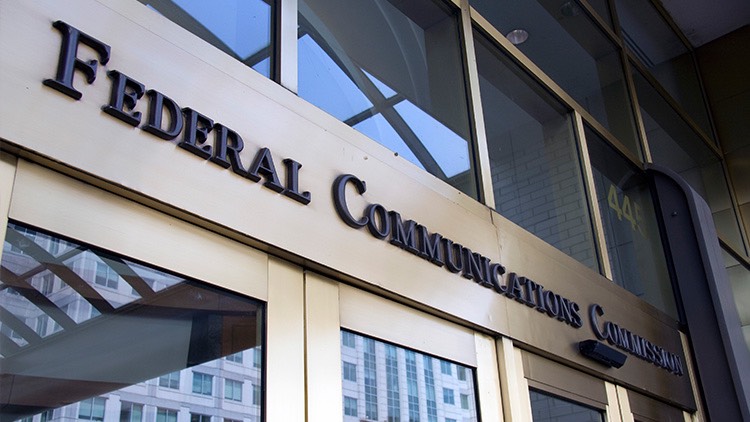NCTA to FCC: Car Companies Need to Share

The smarter way to stay on top of broadcasting and cable industry. Sign up below
You are now subscribed
Your newsletter sign-up was successful
NCTA: The Internet & Television Association has teamed up with Broadcom and Qualcomm to ask the FCC to act now to free up spectrum in the 5.9 GHz band for WiFi. Cable operators have been pushing for more 5 GHz spectrum to fuel their WiFi hotspots, the industry's primary mobile broadband play.
The hold-up has been figuring out how to share the band with vehicle-to-vehicle DSRC (dedicated short-range communications) like crash-avoidance systems still being developed.
Some automakers have claimed that the NCTA et al.-backed plan for sharing the spectrum would cause harmful, potentially life-threatening, interference, but the WiFi proponents dispute that.
Related: DOT Recommends Mandating V2V in Cars, Light Trucks
"Qualcomm, Broadcom, and NCTA – The Internet & Television Association (NCTA) strongly believe that the Commission can best achieve its goals of protecting important, emerging crash-avoidance technologies and meeting the exploding demand for Wi-Fi by rechannelizing the 5.9 GHz band. Rechannelization’s core proposition—protecting latency-sensitive safety-critical services by moving them away from other traffic—is a clear and straightforward plan that will allow both uses of the band to thrive without any harmful interference," they said in a filing Friday. "All of our companies are fully committed to not causing harmful interference to latency-sensitive, safety-critical services, and we stand ready to continue applying our technical resources and expertise to ensuring that rechannelization succeeds."
NCTA et al. propose designating the upper 30 MHz of the band for safety-critical, latency-sensitive signals, while allowing WiFi to share the lower 45 MHz with noncritical systems like entertainment and ecommerce. They say the car companies want to control all 75 MHz without participating in a spectrum auction or having to share.
The smarter way to stay on top of broadcasting and cable industry. Sign up below
Contributing editor John Eggerton has been an editor and/or writer on media regulation, legislation and policy for over four decades, including covering the FCC, FTC, Congress, the major media trade associations, and the federal courts. In addition to Multichannel News and Broadcasting + Cable, his work has appeared in Radio World, TV Technology, TV Fax, This Week in Consumer Electronics, Variety and the Encyclopedia Britannica.

